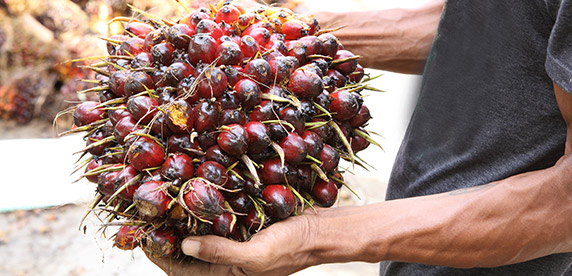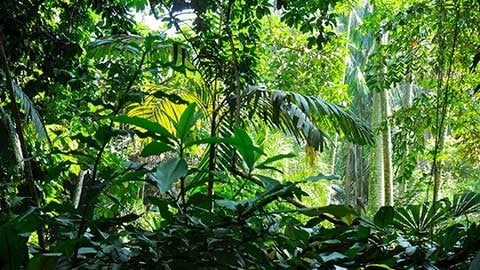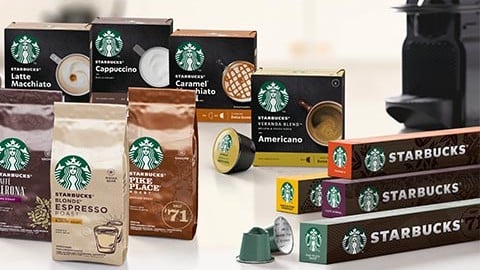What is your position on the adoption of the revised Principles & Criteria (P&C) of the RSPO?
We welcome the adoption of the revised Principles & Criteria (P&C) of the RSPO. We actively participated in the consultation process to strengthen the standard and believe that the revised version addresses key gaps that we have been calling out, including requirements related to no conversion of High Carbon Stock (HCS) forests; no planting on peat of any depth; and stronger Free Prior and Informed Consent (FPIC), community protection, and labor criteria.
These criteria are already part of Nestlé Responsible Sourcing Standard (pdf, 2 Mb), which sets out detailed requirements, focusing on critical social, environmental, economic and animal welfare challenges that can affect supply, livelihoods and sustainability in our sourcing activities.
Additional challenges are still to be addressed. These include the adoption of an approach to prevent deforestation in high forest cover landscapes and the adoption of a simplified standard for smallholder farmers, who account for 40 percent of palm oil production globally.
We will continue to play a leading role within the RSPO to help drive positive change across the entire palm oil sector.
What actions did you take to requalify as a Roundtable on Sustainable Palm Oil (RSPO) member?
Following a number of discussions with RSPO, we submitted a time-bound plan to achieve 100% RSPO certified sustainable palm oil by 2023.
The plan focuses on increasing traceability primarily through segregated RSPO palm oil. Additionally, Nestlé will continue to deliver on its existing existing no deforestation commitment (pdf, 300Kb), including working with other partners to achieve transformation in the regions where it sources palm oil.
The plan addresses RSPO’s concerns, and we look forward to continue working with RSPO to transform the palm oil industry for a sustainable future.
RSPO has an important role to play in driving industry change towards sustainable palm oil. We recognise the importance of maintaining our membership and sharing our experiences to help make this happen.
Why do your prioritise segregated palm oil?
Segregated palm oil is kept separate from ordinary palm oil throughout the supply chain. Since our aim is to achieve full traceability across our palm oil supply chain, we are focusing on buying segregated palm oil.
What is the difference between your commitment to achieve 100% responsibly sourced palm oil by 2020 and your commitment to achieve 100% certified RSPO palm oil by 2023?
We are fully committed to achieving 100% responsibly sourced palm oil by 2020. This relates to 100% supplier compliance with our Responsible Sourcing Standard (pdf, 2Mb). To achieve our commitment, we are using a combination of tools, including satellite monitoring, workers’ helplines, smallholders inclusion projects and landscape initiatives, in addition to certification. We’re well on track to meet our target, and will continue to report publicly on progress (pdf, 662Kb).
Beyond that, we have also submitted a time-bound plan to achieve 100% RSPO certified sustainable palm oil by 2023. This takes time to ensure that smallholder farmers, who are part of our upstream supply chain, could also achieve certification. This is recognized by the RSPO who is working on a smallholder specific standard – a development we have been advocating for.
Find out more
- Read more about responsible sourcing of palm oil
- Read the Nestlé Responsible Sourcing Standard (pdf, 2Mb)
- Find the latest document on our responsible sourcing activities: palm oil sourcing 2019 (pdf, 2Mb)





